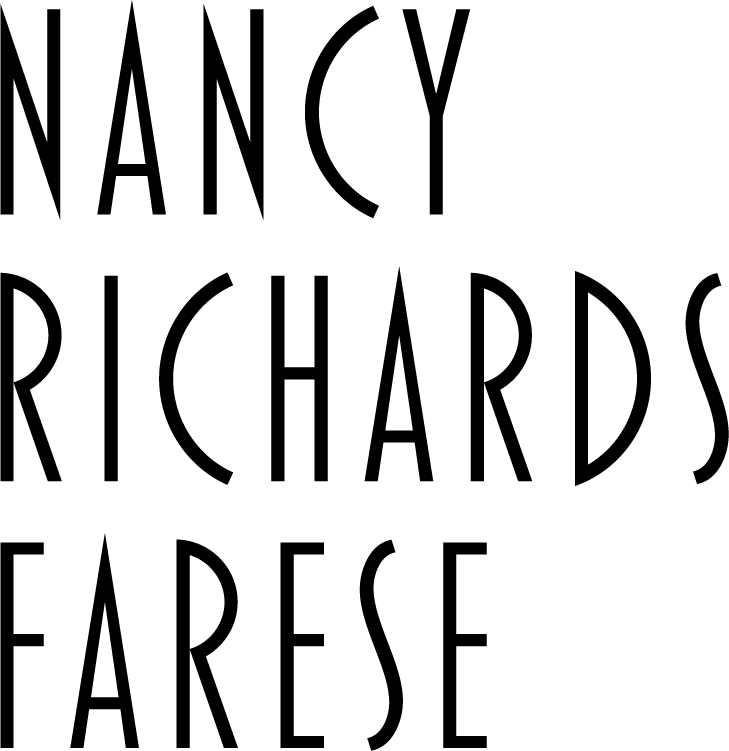Originally published on Medium.com
So start anywhere; just start now. We need you.
Many of us find ourselves charged, either by that little voice inside us or the loud voice of external social and philosophical mandates, to “Save The World”. The concept is inherently futile, given that it’s not clear as we strive towards the normative exactly whose world we’d be saving. Saving my world might infringe on your world, leaving us in the muddle of whose rights are right; whose freedoms take precedent; whose values define a correct path. Like most platitudes, it’s very vagueness inspires us, allowing us to pull the covers up tightly over the squirmy complexities below which are too remote, and too difficult to sort out.
However, for all its vagueness, “Save The World” suggests two very useful concepts. First, there are real problems that the world needs to be saved from. And, secondly, the implied “we” suggests that all of us are empowered, indeed charged, with the responsibility of action.
What does this mean? It could be that we each move through the world thinking every day about global impact, social justice and problem solving. But we don’t…, because we’re human distracted by the bright shinny object of the immediate . And the best of us appreciate that we have neither the moral authority nor the moral humility to decide priorities and pathways for everyone else. My answer is inspired by the old revivalist hymn: “Just brighten the corner where you live, and you can light up the world”.
So we begin at home. One example: After years of sharing the terror and loss of civil war in her homeland of Liberia, Vaiba Flomo joined a group of women leaders in her neighborhood to protest the mindless violence of war. Other women stepped forward; they reached across the city, and across the aisle, uniting Muslim and Christian women in the shared purpose of peace. Wearing all white, the women gathered daily at highway intersections for massive sit-ins, eventually crossed international borders to get the attention of the United Nations, and eventually, a peace settlement was signed.
So we offer our expertise. Another example: From the time Sasha Chanoff, a refugee officer with the International Organization for Migration, helped resettle 32 widows and orphans who had survived a Congolese death camp to safety in the US, he began to devote his life to improving methods of support and resettlement for refugees. RefugePoint now helps permanently relocate this fragile population to places where they can rebuild their lives in safety and with hope.
So we document and show to the world models of people solving problems. Our example at Catchlight is grounded in a belief that now more than ever it is important to understand the unique power of photography to impact the critical social issues of our time. With new tools for the capture and distribution of digital images, we work as a translational force between photographers and policy makers, issue advocates, and the general public engaged and open to action.
My advice is to follow the words of Howard Thurman, who tells us, “Don’t ask what the world needs. Ask what makes you come alive, and go do it. Because what the world needs is people who have come alive”. We are blessed to live in extraordinary times where everything is possible, and everything is challenging. But we’re surrounded by models of people who started “in their little corner”, and are indeed changing the world for the people whose lives they touch.

